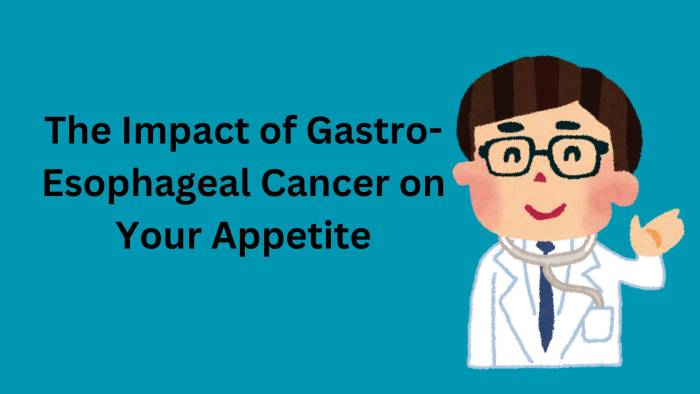
The Impact of Gastro Esophageal Cancer on Your Appetite
Gastro-esophageal cancer, which includes both esophageal and stomach cancer, significantly impacts a person's ability to eat and maintain proper nutrition. This type of cancer affects the digestive system, leading to a range of symptoms that disrupt appetite, food intake, and overall well-being.
1. Difficulty Swallowing (Dysphagia)
One of the earliest and most common symptoms of gastro-esophageal cancer is dysphagia, or difficulty swallowing. Tumors in the esophagus can narrow the passage, making it hard to swallow solid foods, and in advanced stages, even liquids become difficult to consume. This naturally leads to a decrease in appetite as eating becomes a struggle. Consult the Best Gastro Doctor in Agra if you experience persistent difficulty in swallowing to rule out any underlying medical conditions.
2. Nausea and Vomiting
Gastro-esophageal cancer often causes chronic nausea and vomiting, particularly after meals. If the tumor blocks the stomach’s exit, food remains undigested, leading to discomfort. The frequent sensation of nausea makes eating unappealing, further reducing appetite.
3. Acid Reflux and Heartburn
Patients with this cancer may experience severe acid reflux, where stomach acid moves up the esophagus, causing a burning sensation in the chest. Persistent heartburn and regurgitation create an aversion to eating as certain foods trigger discomfort.
4. Early Satiety and Weight Loss
A common issue is early satiety, meaning patients feel full after eating just a small amount. This occurs due to the tumor affecting stomach expansion or delayed gastric emptying. Combined with other symptoms, this leads to rapid weight loss and malnutrition.
5. Taste Changes and Fatigue
Cancer treatments, including chemotherapy and radiation, can alter taste perception, making food taste metallic or bland. The fatigue caused by cancer and its treatments also contributes to reduced interest in eating. The Top Gastroenterologist in Agra understand the unique challenges faced by cancer patients and work closely with them to develop a personalized nutrition plan.
Final Thoughts
Gastro-esophageal cancer severely affects appetite, leading to malnutrition and weight loss. Patients need nutritional support through soft foods, liquid diets, or medical interventions to ensure adequate nourishment. Early diagnosis and proper treatment can help manage these symptoms and improve quality of life.
Struggling with digestive health issues? Consult Dr. Karan R Rawat at Safe Surgery Center for expert care and advanced treatment options. Book your appointment today!



